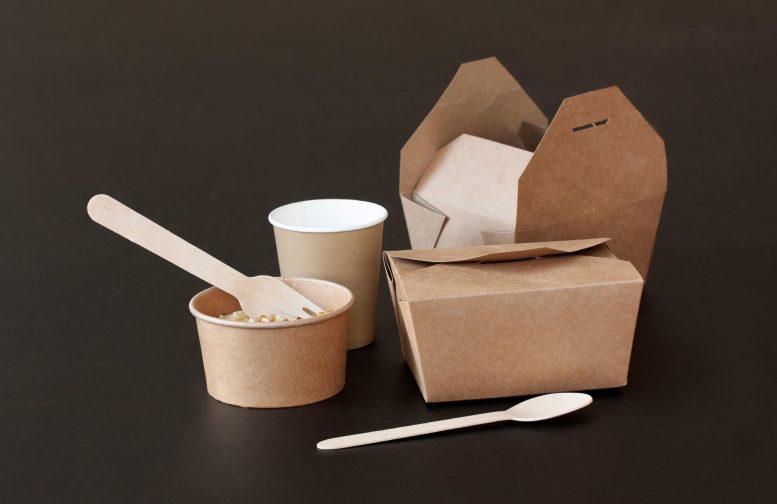
Shocking Findings: Scientists Discover 200 Potential Cancer-Causing Chemicals in Everyday Food Packaging

A study has pinpointed almost 200 possible carcinogens linked to breast cancer in materials used for food packaging, such as plastics and paper. This discovery reveals significant exposure even with current regulations in place, emphasizing a critical need for enhanced preventative strategies to minimize the presence of these harmful chemicals in daily-use products.
Researchers at the Food Packaging Forum have examined and discussed almost 200 possible breast carcinogens found in food contact materials (FCMs) currently available on the market. Various countries have implemented legislation concerning food contact materials to safeguard their citizens from dangerous chemicals, often specifically by regulating genotoxic carcinogens.
As cancer is one of the few health endpoints specifically targeted in FCM regulations and testing, carcinogenic chemicals in food packaging and other food contact materials and articles should not be commonplace.
“This study is important because it shows that there is a huge opportunity for prevention of human exposure to breast cancer-causing chemicals,” said Jane Muncke, Managing Director of the Food Packaging Forum and co-author of the study. “The potential for cancer prevention by reducing hazardous chemicals in your daily life is underexplored and deserves much more attention.”
Findings on Breast Carcinogens in Food Packaging
By comparing a recently published list of potential breast carcinogens developed by scientists at the Silent Spring Institute with the Food Packaging Forum’s own Database on migrating and extractable food contact chemicals (FCCmigex), the authors find that 189 potential breast carcinogens have been detected in FCMs, including 143 in plastics and 89 in paper or board.
A video summary with key points from the study by Parkinson et al. Credit: Food Packaging Forum Foundation
“Identifying the presence of these hazardous chemicals in food contact materials was possible thanks to our FCCmigex Database,” said Lindsey Parkinson, Data Scientist and Scientific Editor at the Food Packaging Forum and lead author of the study. “This resource brings valuable information from thousands of published scientific studies on chemicals in food contact materials together into a single and easily explorable place.”
When limiting the comparison to the most recently available studies in FCCmigex (2020-2022) that used migration experiments that mimic realistic conditions, there is evidence of exposure to 76 suspected mammary carcinogens from FCMs purchased all over the world, 61 of which (80%) are from plastics. This indicates continued exposure of the global population to these chemicals under realistic use conditions.
Despite existing regulations intended to limit carcinogenic substances in FCMs, the study highlights gaps in current regulatory frameworks. The food contact articles were purchased within the last few years from markets in highly regulated regions, including the EU and the US. “Our findings imply that chronic exposure of the entire population to suspected mammary carcinogens from FCMs is the norm and highlights an important, but currently underappreciated, opportunity for prevention,” the authors explain.
Reference: “Potential mammary carcinogens used in food contact articles: Implications for policy, enforcement, and prevention” by Lindsey Parkinson, Birgit Geueke and Jane Muncke, 27 August 2024, Frontiers in Toxicology.
DOI: 10.3389/ftox.2024.1440331


